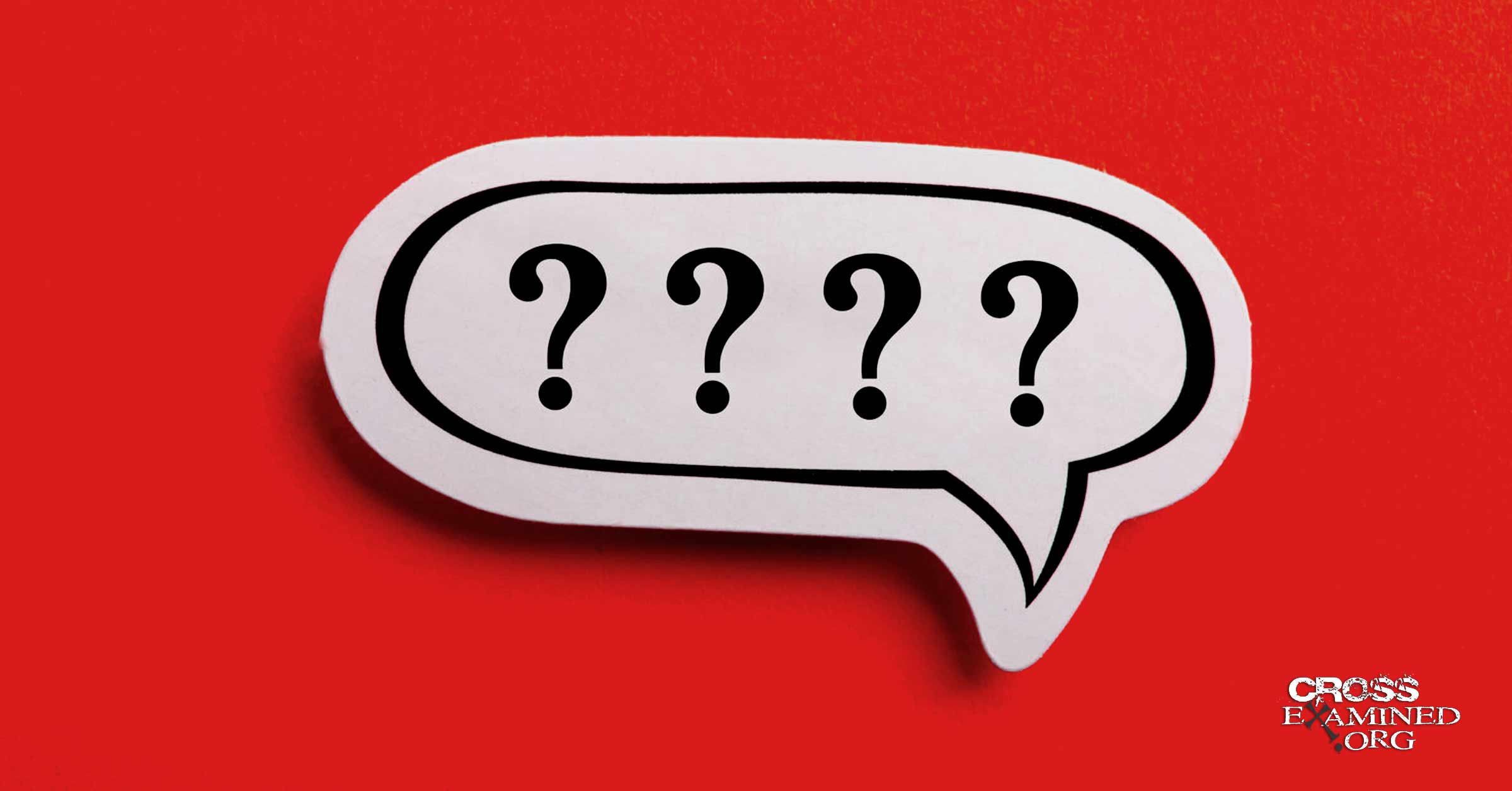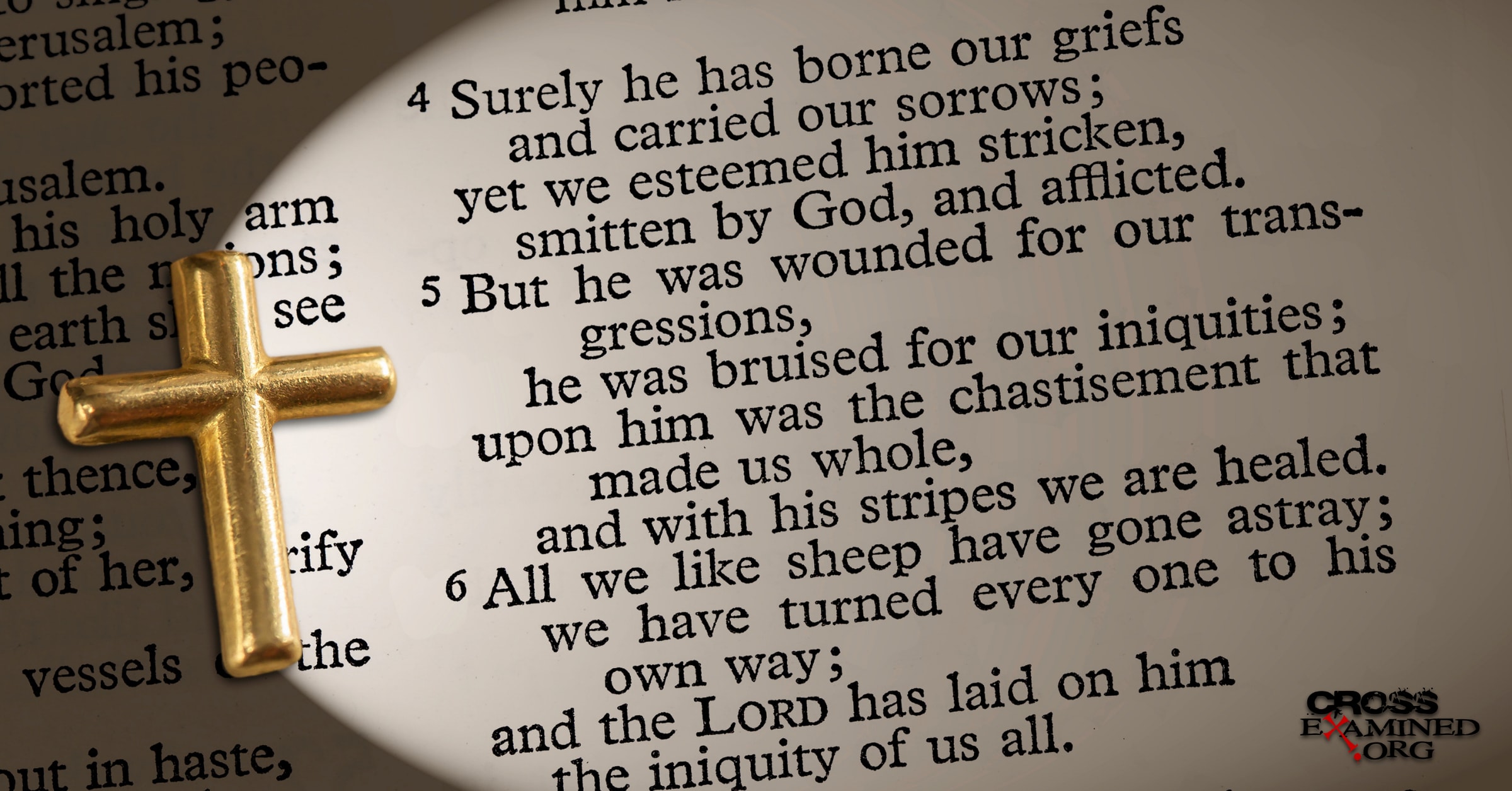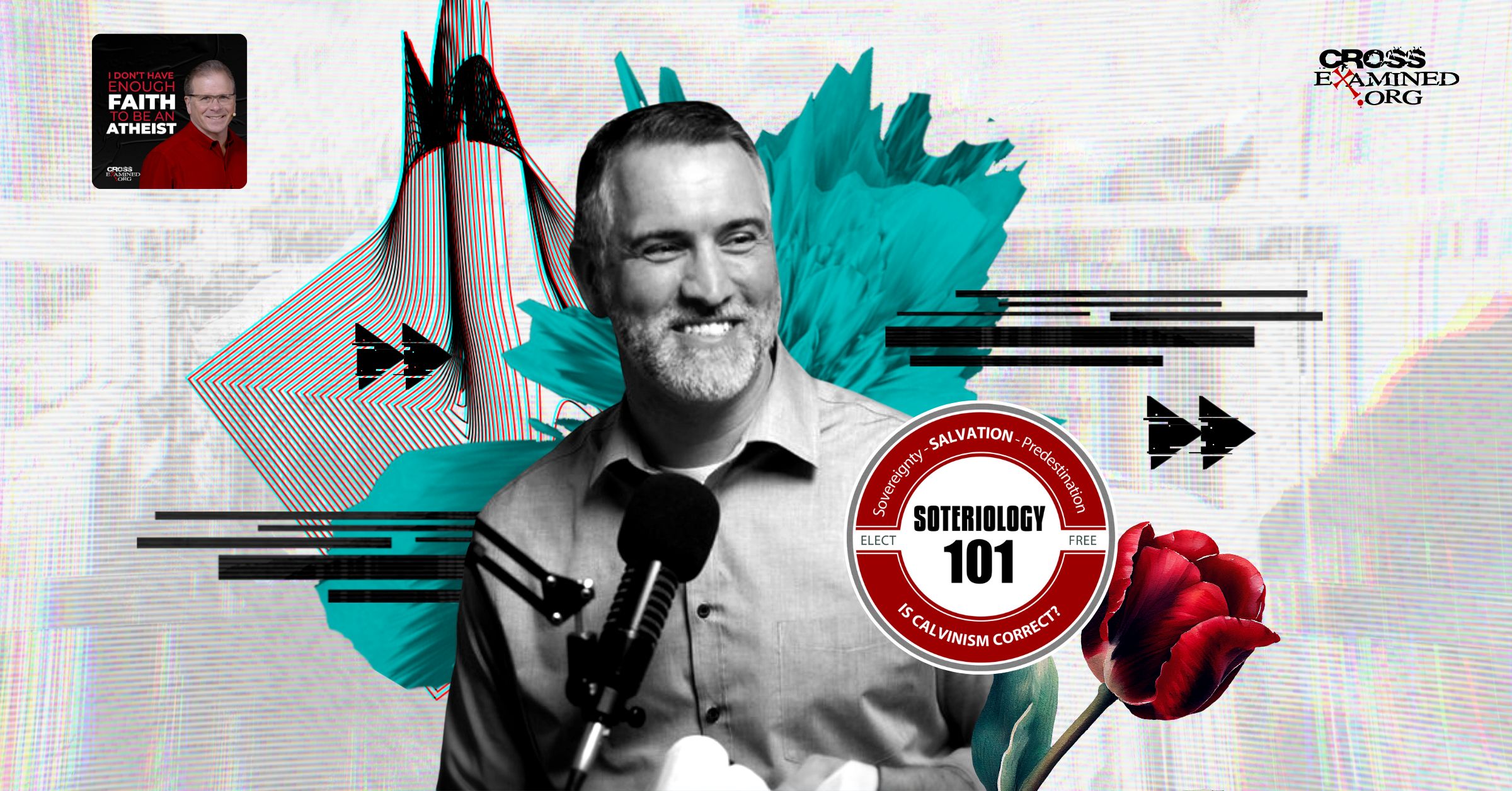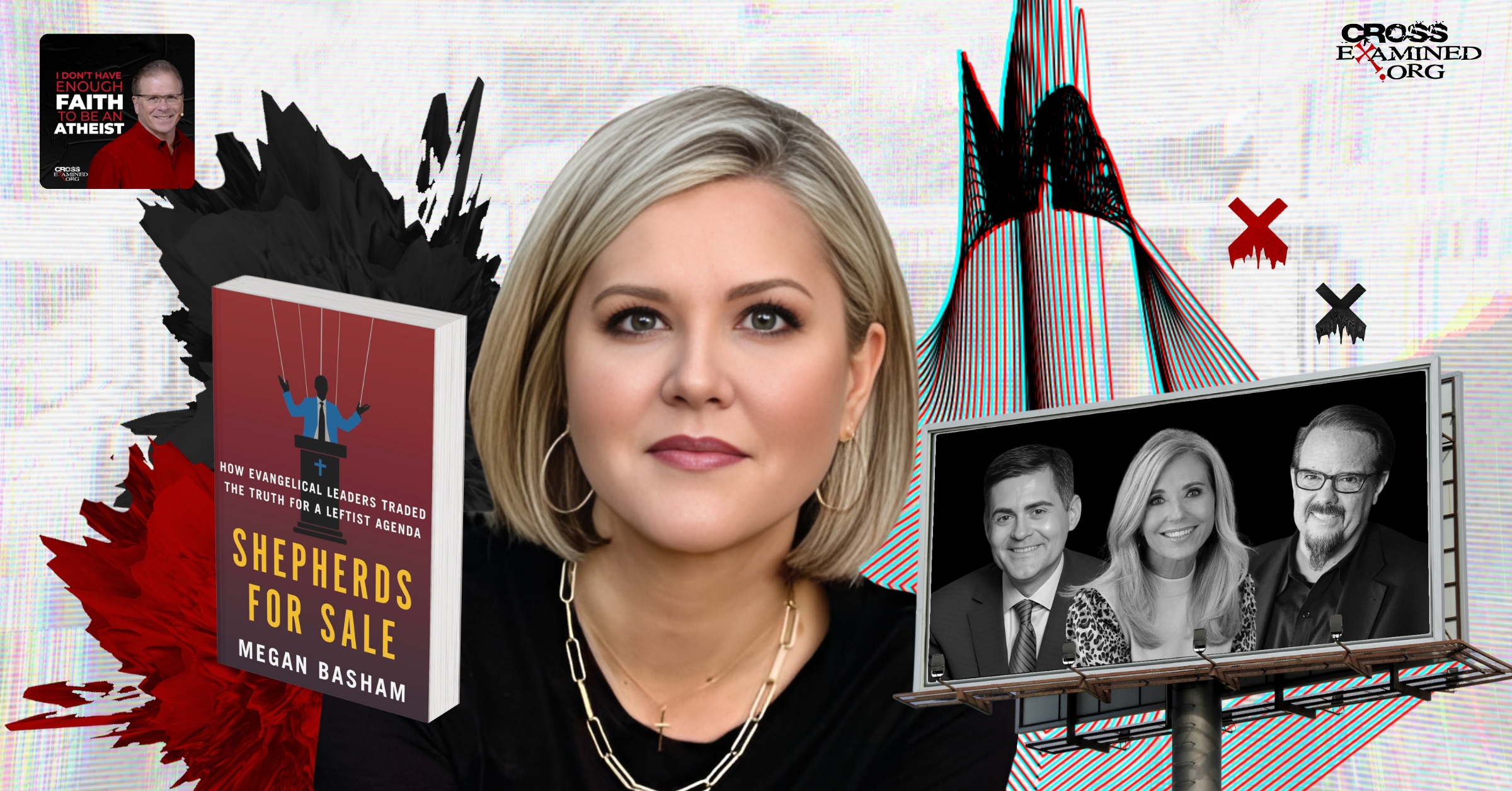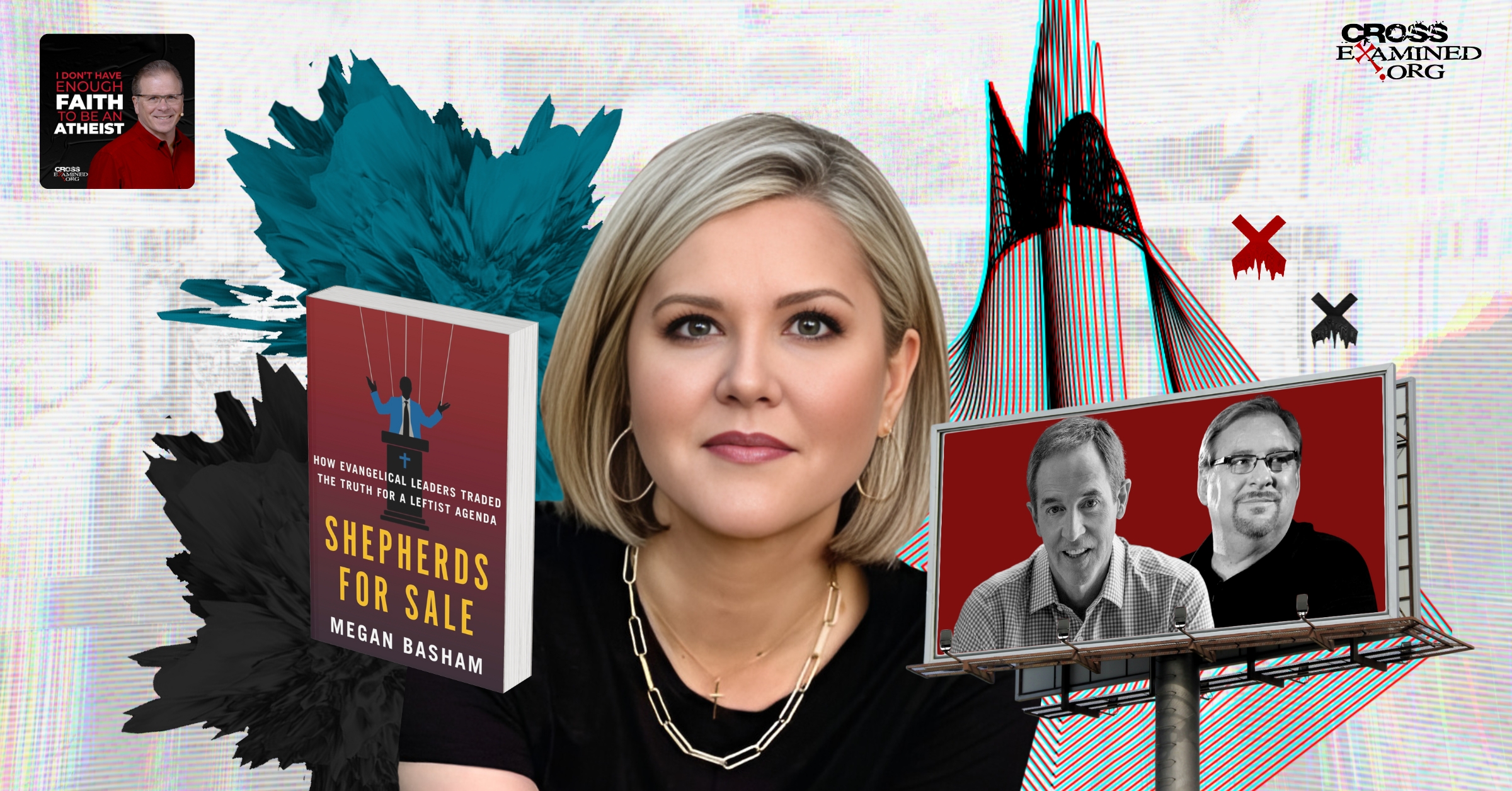Is Social Justice Hijacking the Gospel?
Progressive Christian blogger and author John Pavlovitz wrote, “We believe that social justice is the heart of the Gospel…” Is he right? And what exactly is social justice?
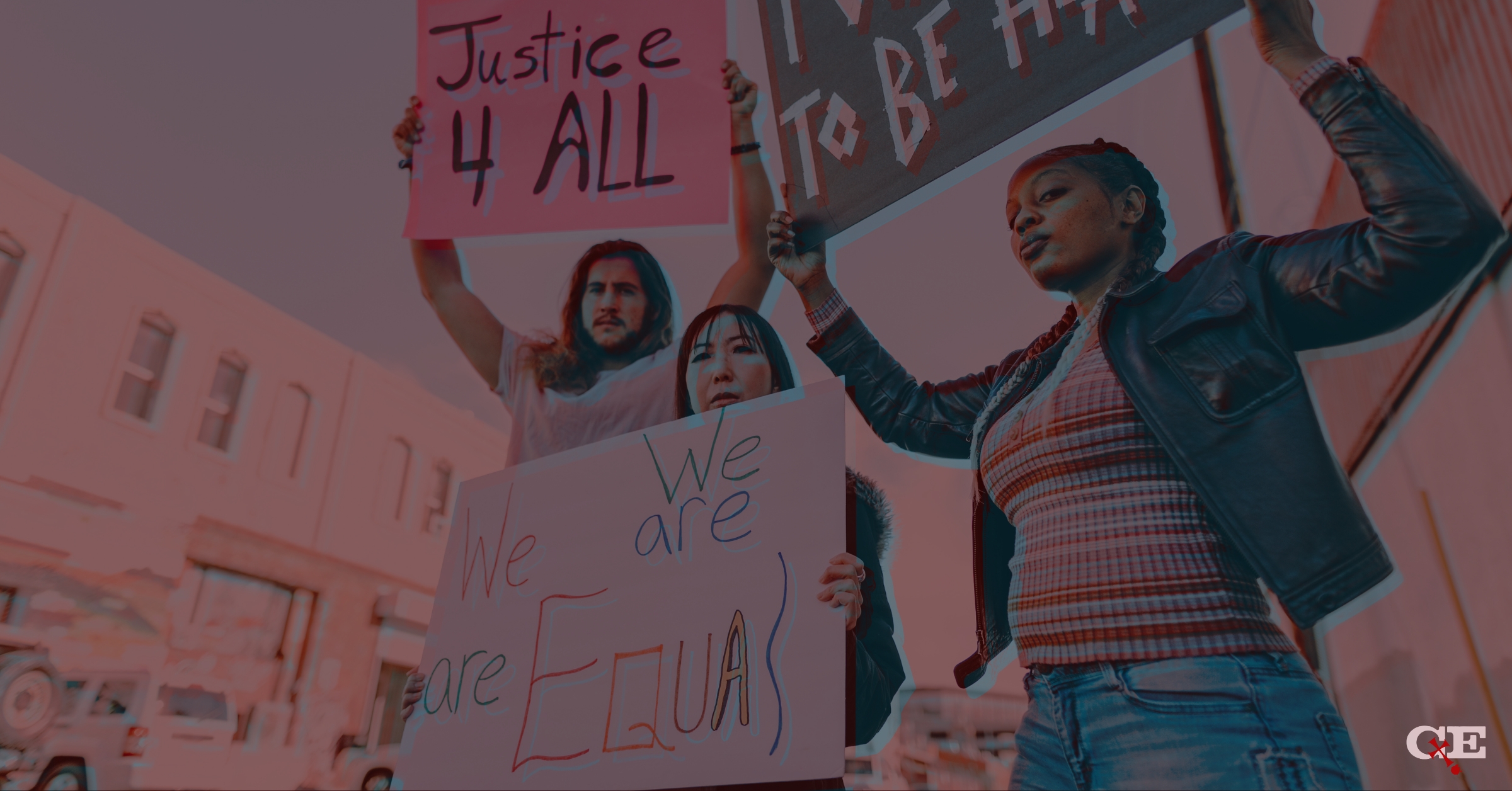
I recently posted an article in which I described Progressive Christian churches as swapping out the gospel for social justice. I got a lot of pushback on this point, but I believe that most of this pushback comes down to a misunderstanding of words.
Some are quick to say, “Social justice is good!” or “Social justice is bad!” without giving any nuanced thought to what the phrase actually means. Recently, I listened to a Mortification of Spin podcast episode called “Hijacking Social Justice,” that brilliantly dove into the history and meaning of the phrase and how it interacts with the gospel. It inspired this article, and I highly recommend listening to it.
What is Social Justice?
Justice is a strong and consistent theme throughout Scripture, both in the Old and New Testaments. It’s clear that God loves justice, and we ought to care about it too. But what is social justice? American philosopher and novelist Michael Novak wrote:
Social justice is one of the terms most often used in ethical and political discourse. It is also a term used with the least care. I have searched in vain for definitions of it. In its fuzziness and warmth, everyone wants to cuddle it. But virtually no one will give you a forthright definition of it.
A little history…..
In ancient Greece, Aristotle defined “justice” simply as giving each person his due. In times of crisis, war, and political upheaval, this concept became more complicated. A more general type of justice had to be thought through when it just wasn’t possible to give each individual person their due. Echoing Aristotle, St. Augustine described the task of justice “to see that to each is given what belongs to each.”(1)
Today, the term is more vague than it was historically and leans toward being associated with more liberal values, rather than justice in general. For example, “social justice” tends to be applied to issues like women’s rights, immigration, and gay rights, while generally not being applied to the millions of babies killed by abortion each year, or the plight of the most persecuted group in the world—Christians.
It would seem that there is an extraordinarily selective use of the term in our current culture.
Social Justice: a meaningful phrase—or just a cliche?
“Social Justice” has, in some ways, become a cliche—a catch-all phrase that can mean anything from a call for government action to simply being a good neighbor. Because of this, it’s very difficult to figure out how the term applies to the mission of the Church. In her classic essay, Augustine on Justice, Philosopher Mary T. Clark described St. Augustine’s view like this:
Rightly related to God, man is properly related within himself and to the external world of people and things.
Augustine believed that it was impossible for people to be “just” in their relation with each other unless their relationship with God was first rightly ordered within themselves.
Justice begins in the hearts of people, not in government programs. Westminster Seminary Church History professor Dr. Carl Trueman said,
Justice, traditionally and historically, is a function of a virtuous citizenry. You cannot ultimately legislate justice in the truest sense of the word. You have to produce a citizenry, a society of people, who are virtuously just. You can riot on as many streets as you want. You join as many lobby groups as you want. You can sign as many petitions as you want. But the problem of justice is much deeper than the symptomatic issue of racism (or something like that,) that people are addressing head-on. What we’re really seeing in the vacuous way social justice is being used as a term now, is the vacuous nature of moral society…..There is no agreed moral content that allows us to give any meaningful content to the term “social justice” whatsoever.
Without a commonly agreed-upon definition of morality, “social justice” becomes an entirely subjective term. What’s the best way to promote a virtuous citizenry with a common morality? By the transformation of the hearts of people by the gospel.
What did Jesus say about social justice?
Jesus said that the most important command is to love God with all our heart, soul, mind, and strength. After that, to love our neighbor as ourselves. (Matthew 22:36-40) In a sense, this is a call for a meaningful definition of social justice, not a twitter hashtag version. In fact, Jesus commanded that we help the needy and do our giving in secret (Matthew 6:3-4).
When defined Jesus’ way, the “loving our neighbor as ourselves” part of our faith is an outworking of our faith, not the saving part—and other people don’t always know about it.
What is the gospel?
When defined biblically, there is no contradiction between social justice and the gospel, but it’s very important to understand both terms and how they interact with each other. Now that we’ve defined social justice, let’s define the gospel. In his book, The Story of Reality, Greg Koukl lays out the gospel in four parts: Creation, Fall, Redemption, and Restoration.
To put it very simply, God created the world and everything in it and called it good. Humans fell from God’s grace by rebelling against Him (in other words, we messed it all up, and became separated from God.) God stepped into His creation to redeem the people He created, lived a sinless life, and paid for our rebellion (sin) with His death. He defeated death by resurrecting Himself from the dead and has made a way for us to be in His presence forever if we accept His free gift of salvation and put our trust in Him.
Of course, there is a lot of stuff in between all of that, but this is the basic outline. (For an excellent 5-minute presentation of the gospel, watch this video from James White…. seriously—watch it!)
With this definition of the gospel, Jesus sent His followers out to “make disciples of all nations” in Matthew 28. This is exactly the gospel Peter preached on the day of Pentecost, converting 3,000 people in Acts chapter 2.
Is Social Justice Hijacking the gospel?
As citizens in a free society, it’s perfectly appropriate for Christians to speak to public officials and to utilize their right to vote. There’s a place for a pastor to speak against injustice and oppression in a sermon from the Word of God. But we need the core gospel as our foundation for going out into the world to be salt and light.
We don’t always get to see true social justice on this side of heaven, but this is why the gospel is so beautiful and freeing. Through our mission to bring the gospel into the whole world, freedom is birthed into the hearts of men and women, and often, true social justice will follow. (For example, the work of abolitionists such as William Wilberforce and John Wesley was an outworking of their deep faith in Christ… and a fruitful one!)
When social justice is divorced from its biblical context, it can become, at best, a distraction from the heart of the gospel, and at worst, an unbiblical agenda covered with a Christian veneer.
In some circles, social justice is hijacking the gospel. But as long as we are clear on what the true definitions of “gospel” and “social justice” are, we won’t be in danger of confusing the two.
Recommended Resources:
Another Gospel? by Alisa Childers (book)
Legislating Morality: Is it Wise? Is it Legal? Is it Possible? by Frank Turek (Book, DVD, Mp3, Mp4, PowerPoint download, PowerPoint CD)
Jesus vs. The Culture by Dr. Frank Turek DVD, Mp4 Download, and Mp3
Does Jesus Trump Your Politics by Dr. Frank Turek (mp4 download and DVD)
Alisa Childers is a wife, a mom, an author, a blogger, a speaker, and a worship leader. She was a member of the award-winning CCM recording group ZOEgirl. Author of Another Gospel (2020), Live Your Truth, and Other Lies (2022), and most recently coauthored The Deconstruction of Christianity (2024), Alisa has become a popular speaker at apologetics and Christian worldview conferences, including ReThink, Unshaken, and Fearless Faith. She has also published at The Gospel Coalition, Crosswalk, the Stream, For Every Mom, Decision magazine, and The Christian Post. You can find out more about her writing and recording ministry at alisachilders.com.
Originally posted at: https://bit.ly/3VNNMxy

